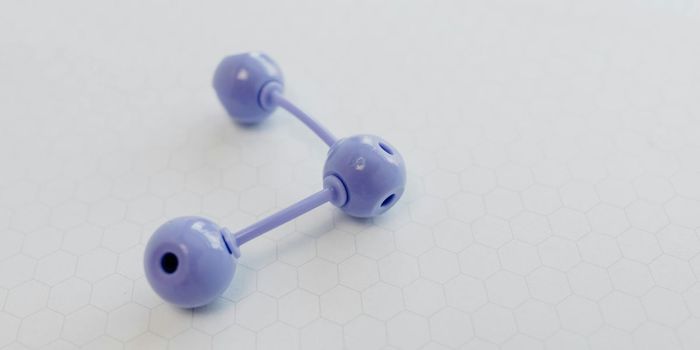Brain Death: Can It Be Reversed?
When you’re dead you’re dead, game over, right? Not entirely, at least not according to an American company that wants to conduct clinical trials to reverse brain death in some patients. No, it’s not the plot for the latest sci-fi movie or a remake of Frankenstein, it’s actual research being planned that will investigate what could be done for patients who have been declared brain dead and are on life support.
While they might not have much, if any, brain function, they are not actually dead if life support is keeping blood flow going and filling the lungs with air.
It’s an area that is fraught with ethical peril and opinions differ on what is morally right or wrong in terms of research. BioQuark, a company based in Philadelphia, had partnered with an Indian company called ReVita Life Sciences in 2016. Together, the companies sought to enroll 20 patients at Anupam Hospital in Rudrapur, Uttarakhand India in a clinical trial using stem cells to try and regenerate brain tissue. While headlines touted the project as one that could bring patients back from the dead, that isn’t completely accurate. The most the researchers could hope to do in their study would be to bring patients back to a “minimally conscious” state, able to blink or move their eyes in response to stimuli. Even that level of regeneration might be impossible, if not ethically troublesome and potentially traumatic for family members and loved ones of patients.
The study proposed in April 2016 and dubbed ReAnima, was shut down by the Indian Council of Medical Research (ICMR) in November of 2016. Several regulatory issues with the study, the main one being that permission from the Drug Controller General of India was not granted, were cited for the discontinuation of the study. CEO of BioQuark, Ira Pastor, told STAT News, “Of course, many folks are asking the ‘what comes next?’ question. While full recovery in such patients is indeed a long term vision of ours, and a possibility that we foresee with continued work along this path, it is not the core focus or primary endpoint of this first protocol.” Pastor also said that while the study will not happen in India as originally announced, the company does have plans to conduct trials in Latin America and will be releasing the details of that study protocol later this year.
It’s likely to be much the same as the India study would have been, with 20 patients who are on life support. The researchers would have three parts to their trial. The first would be to inject stem cells harvested from the patient's blood and fat. Next, a peptide formula developed by BioQuark, called BQ-A, would be injected into the spinal cord. This formula could potentially spur neuron growth to aid in the regeneration of injured brain tissue. Finally, a series of transcranial laser treatments would be given. After all of that, EEGs and other measurements of brain function would be undertaken to see if any changes resulted. While it’s controversial and complex, there is some limited information from previous research on each of the parts of the treatment, but no study has put all three procedures together to reanimate injured brain tissue. It should be noted that STAT News reported that Dr. Himanshu Bansal, the owner of the hospital in India where the original study was planned, disputed reports that the project had been halted, saying that he was still using the protocol, but without the BQ-A from BioQuark and that his work was being overseen by an “independent observer” from a local medical college.
The video podcast below explains the study in more detail.
Sources: STAT News, Science, Popular Science









